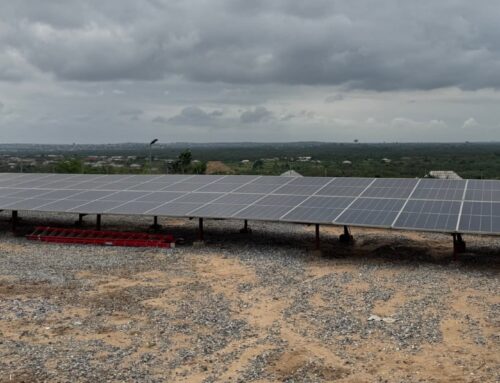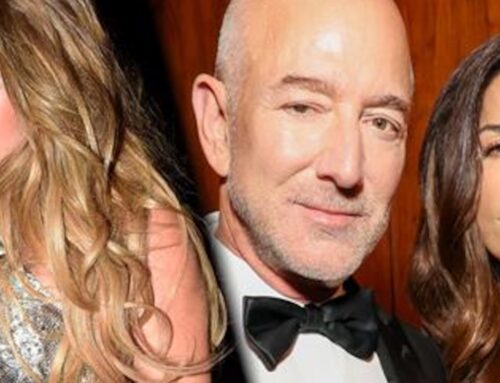‘Cocaine Quarterback’: Gambler Says He Was Dealt Unfair Hand in Amazon’s True Crime Docuse
September 29, 2025
A larger-than-life gambler turned FBI informant is taking issue with Cocaine Quarterback, Amazon Prime’s colorful new docuseries about Owen Hanson, the USC football player who became a notorious narcotics kingpin. R.J. Cipriani tells The Hollywood Reporter that he was hoodwinked into participation after initially passing on the project and that he was ultimately portrayed in a false light.
Amazon and the show’s production company, Unrealistic Ideas, declined to comment.
Cocaine Quarterback — an archly told three-part crime tale which premiered Sept. 25 from producer Mark Wahlberg — centers the yarn-spinning of its imprisoned antihero, whose criminal enterprise acted as a drug-trafficking and money-laundering middleman for a Mexican cartel in both America and Australia. Cipriani would prove to be his undoing.
The high roller had a publicized reputation for gifting some of his winnings to the needy. (He’d given himself the moniker Robin Hood 702, in reference to the Las Vegas zip code.) By Cipriani’s account, an ex-girlfriend contacted him about a staking agreement, in which a deep-pocketed backer in Australia would provide funds and some of the potential profits would go to his charitable cause. The first staking was a success, the second a failure — with Cipriani losing $2.5 million at a casino in Sydney. As he recalls now, “I started playing and hit a bad streak.”
In Cocaine Quarterback, Hanson exults, “I found a money laundering magician.” Cipriani says he only later realized he’d been tricked into working as a cleaner for a drug lord, who was also then romantically involved with his ex-girlfriend. (In the show, the fact of a common paramour isn’t discussed.)
The docuseries chronicles the ratcheting tension between Hanson and Cipriani over the $2.5 million loss. By his own account, Hanson engaged in an escalating intimidation campaign to collect, first having videos of cartel beheadings mailed to Cipriani, and then later paying for someone to desecrate Cipriani’s mother’s grave.
“I said, ‘I have to go to the Feds,’” Cipriani recalls. His lawyer made sure he signed a proffer agreement before speaking, which allows a witness to provide information while limiting how it might be used against him.
Cipriani is enraged that Cocaine Quarterback leaves in doubt whether he might have knowingly participated in the criminality and perhaps become a whistleblower not just to thwart Hanson’s aggression but also to immunize himself. “My goal was to get back at him,” he insists. “I never thought I was culpable in any way.”
Cipriani was interviewed for the docuseries. He says he initially passed after being denied an executive producer credit. But years afterward, when the filmmakers told him that the project would delve into the suicide of a man who Hanson had implicated in his sprawling enterprise (21 people ultimately pleaded guilty), Cipriani contends he offered to appear specifically to vouch for the dead man. After he spoke to the agreed-on line of inquiry, “we kept bantering when I didn’t even think I was still being filmed. So [what aired] was a very disingenuous interview.” The subject of the suicide isn’t in the final cut.
Cipriani’s ill-fated entanglement with Hanson turned out to be the opening act of his story as a federal informant. He later was responsible for exposing a wide-ranging corruption scandal at casino conglomerate Resorts World Las Vegas.
Lately, Cipriani says he has been quietly developing a scripted take on his own journey. It’s called Jackpot, after the codename the FBI gave him. He has other in-the-works Hollywood projects, too. Which is why he’s particularly aggrieved that, as he sees it, the Amazon Prime docuseries has dealt him such a poor hand.
“I don’t want people thinking the wrong thing,” he explains. “I’m a guy who goes after bad guys and I can’t have it out there that I helped this guy launder money.”
Search
RECENT PRESS RELEASES
Related Post




